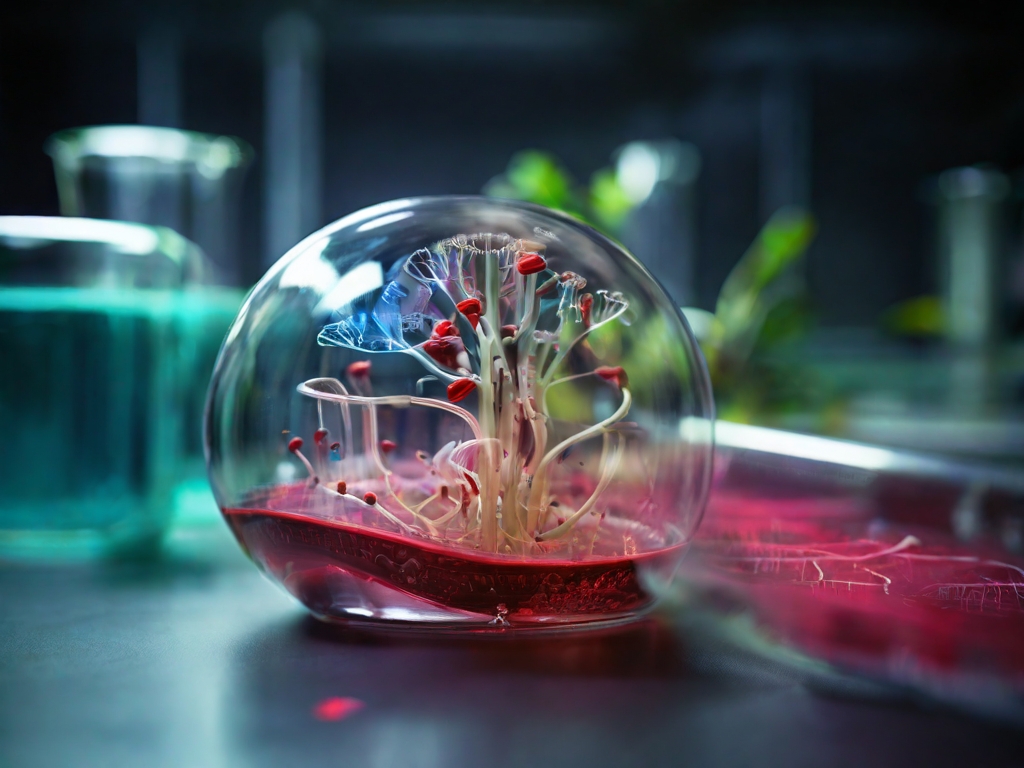
Biotechnology, often referred to as biotech, stands at the forefront of scientific innovation, offering unprecedented opportunities to revolutionize various industries and improve the quality of life for people around the world. From healthcare and agriculture to environmental sustainability and industrial manufacturing, biotechnology has the potential to address some of the most pressing challenges facing humanity in the 21st century.
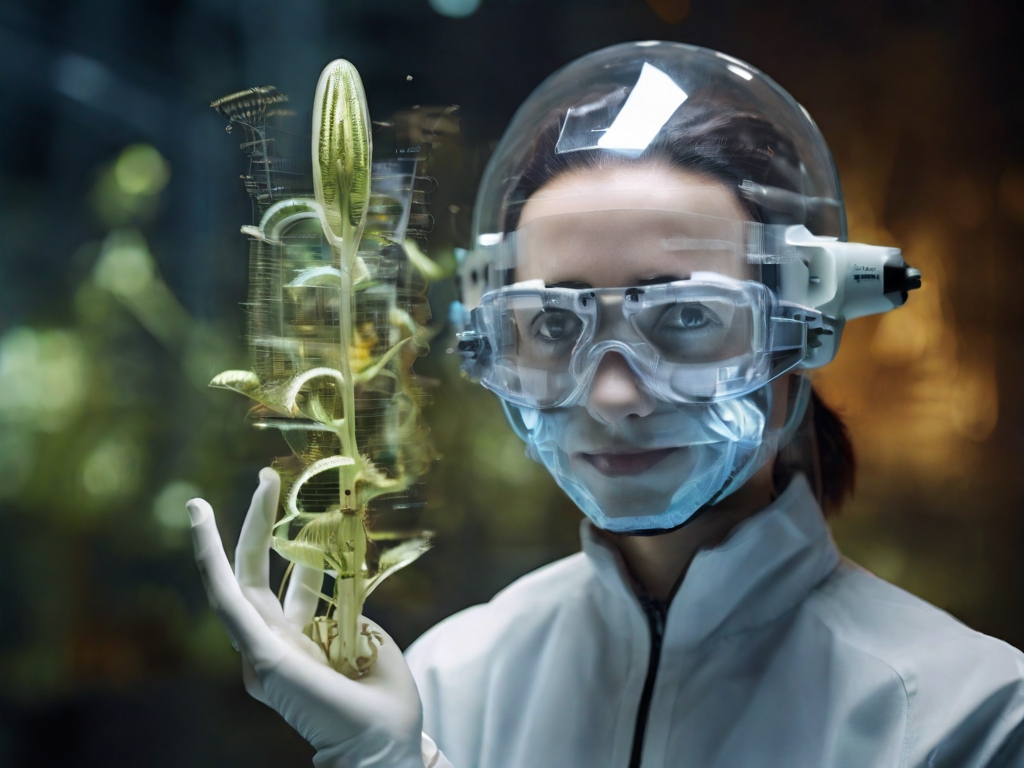
Understanding Biotechnology
Biotechnology can be broadly defined as the application of biological systems and organisms to develop products and technologies that benefit society. It encompasses a wide range of disciplines, including molecular biology, genetics, biochemistry, microbiology, and computational biology, among others. At its core, biotechnology harnesses the inherent capabilities of living organisms to create value-added products and processes.
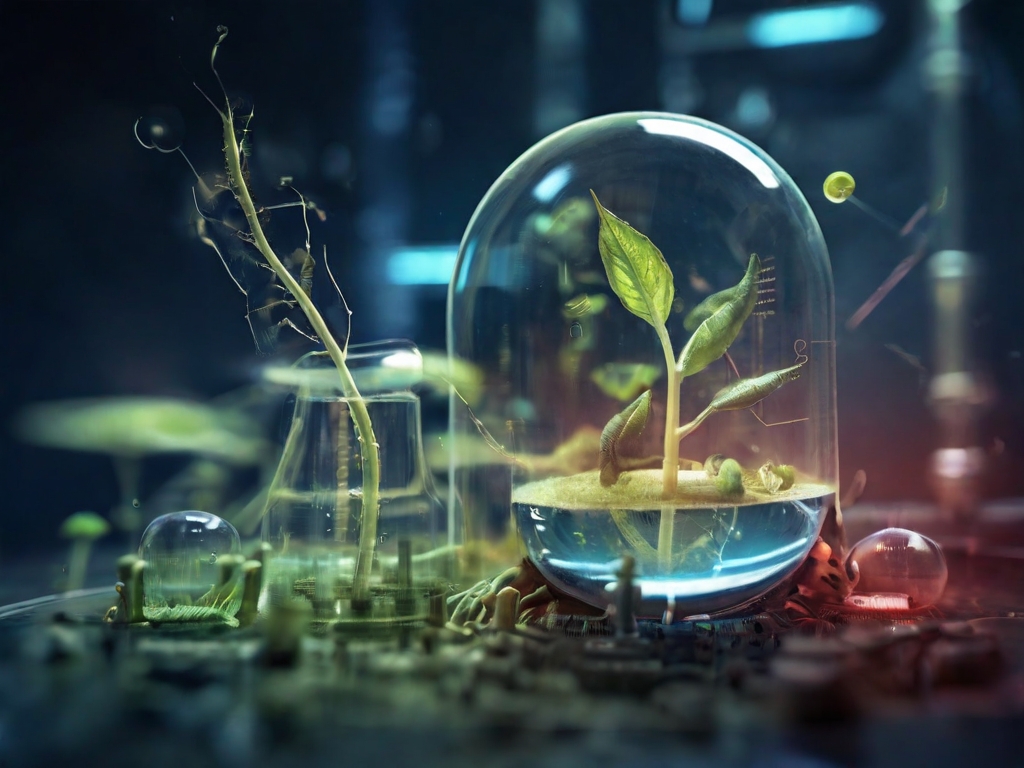
Applications of Biotechnology
Healthcare: Biotechnology has revolutionized the healthcare industry, enabling the development of advanced therapeutics, diagnostics, and personalized medicine. Biotech companies are at the forefront of developing innovative treatments for various diseases, including cancer, autoimmune disorders, and infectious diseases. From biopharmaceuticals and gene therapies to regenerative medicine and medical devices, biotechnology has transformed the way we approach healthcare.
Agriculture: Biotechnology plays a crucial role in enhancing crop yields, improving agricultural productivity, and ensuring food security. Through genetic engineering, scientists have developed genetically modified organisms (GMOs) with desirable traits such as drought resistance, pest resistance, and increased nutritional value. Biotech companies are also involved in developing precision agriculture technologies that optimize farming practices and minimize environmental impact.
Environmental Sustainability: Biotechnology offers innovative solutions for environmental challenges, including pollution remediation, waste management, and renewable energy production. Microbial biotechnology, for example, utilizes microorganisms to degrade pollutants and detoxify contaminated environments. Additionally, biotech companies are exploring biocatalysis and agricultural biotechnology to develop sustainable biofuels and biodegradable materials.
Industrial Applications: Biotechnology has transformed various industrial sectors, including biofuels, biopolymers, and biocatalysts. Industrial biotechnology utilizes enzymes, microorganisms, and biochemical processes to produce chemicals, materials, and fuels in an environmentally friendly and cost-effective manner. By replacing traditional petrochemical-based processes with biobased alternatives, biotechnology contributes to reducing greenhouse gas emissions and mitigating climate change.
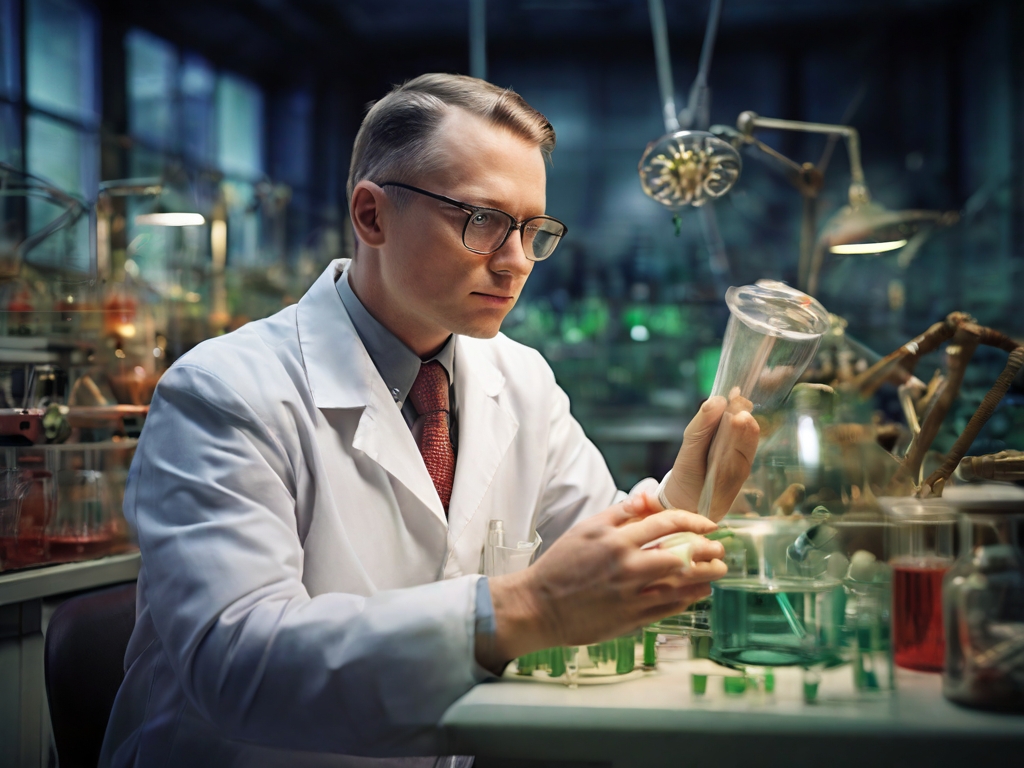
The Evolution of Biotechnology
Over the years, biotechnology has witnessed significant advancements driven by scientific breakthroughs, technological innovations, and interdisciplinary collaboration. From the discovery of recombinant DNA technology to the emergence of CRISPR-based genome editing, biotechnology has continually evolved, expanding its capabilities and applications.
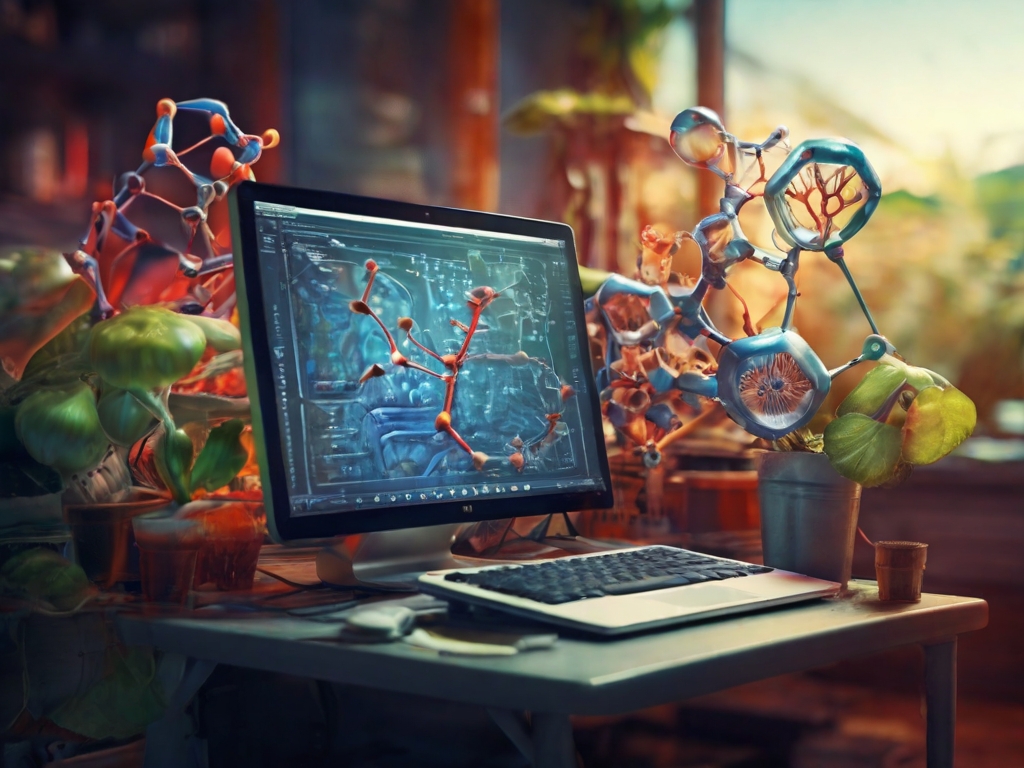
Recent Trends in Biotechnology
Computational Biotechnology: The integration of computational biology, bioinformatics, and data analytics has accelerated biotechnological research and development. Computational models and algorithms are used to analyze biological data, predict protein structures, and design novel biomolecules with specific functions. Artificial intelligence (AI) and machine learning techniques are increasingly being applied to drug discovery, genomics, and systems biology, enabling researchers to unlock new insights into complex biological systems.
Biotechnology in the Era of Big Data: The advent of high-throughput sequencing technologies and omics technologies (e.g., genomics, proteomics, metabolomics) has generated vast amounts of biological data. Biotechnology companies are leveraging big data analytics and cloud computing to extract meaningful information from large datasets, facilitating drug discovery, biomarker identification, and precision medicine initiatives.
Synthetic Biology: Synthetic biology involves the design and engineering of biological systems for specific applications. By combining principles from biology, engineering, and computer science, researchers can create artificial genetic circuits, biosensors, and microbial factories for producing bio-based chemicals and pharmaceuticals. Synthetic biology holds promise for developing novel therapies, biomaterials, and bioenergy solutions.
Nanobiotechnology: Nanobiotechnology explores the intersection of nanotechnology and biotechnology, enabling precise manipulation and characterization of biological molecules at the nanoscale. Nanomaterials, such as nanoparticles and nanotubes, have unique properties that can be exploited for drug delivery, imaging, and diagnostics. Nano biotech holds potential for revolutionizing medical treatments, enhancing agricultural productivity, and improving environmental monitoring.
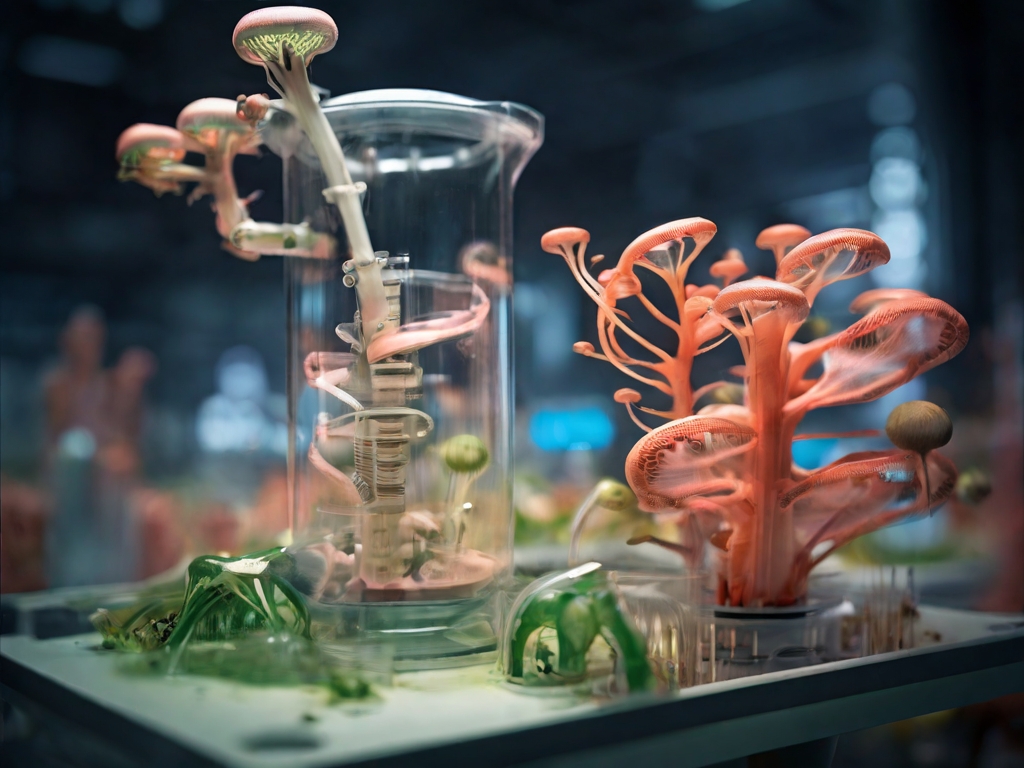
Future Prospects and Challenges
The future of biotechnology holds immense promise, but it also presents several challenges that must be addressed to realize its full potential. Key areas of focus include:
Ethical and Regulatory Considerations: As biotechnology continues to advance, ethical and regulatory frameworks must evolve to ensure responsible research conduct, protect patient privacy, and address concerns related to genetic engineering, gene editing, and biobanking. Balancing innovation with ethical considerations is essential to maintain public trust and confidence in biotechnological advancements.
Access and Affordability: Ensuring equitable access to biotechnological innovations, especially in healthcare, remains a critical challenge. While biotech companies strive to develop groundbreaking therapies and diagnostics, disparities in access to healthcare services and medications persist. Efforts to improve affordability, expand access to healthcare, and promote global health equity are essential to address these challenges.
Sustainable Development: Biotechnology has the potential to contribute to sustainable development by promoting environmental conservation, economic growth, and social inclusion. However, achieving sustainability requires careful consideration of the environmental and social impacts of biotechnological applications, as well as the adoption of green biotechnology practices that minimize resource consumption and environmental degradation.
Global Collaboration: Addressing complex challenges such as infectious diseases, climate change, and food insecurity requires global collaboration and knowledge sharing. Biotechnology companies, research institutions, governments, and international organizations must work together to foster collaboration, exchange best practices, and promote technology transfer to support sustainable development goals.
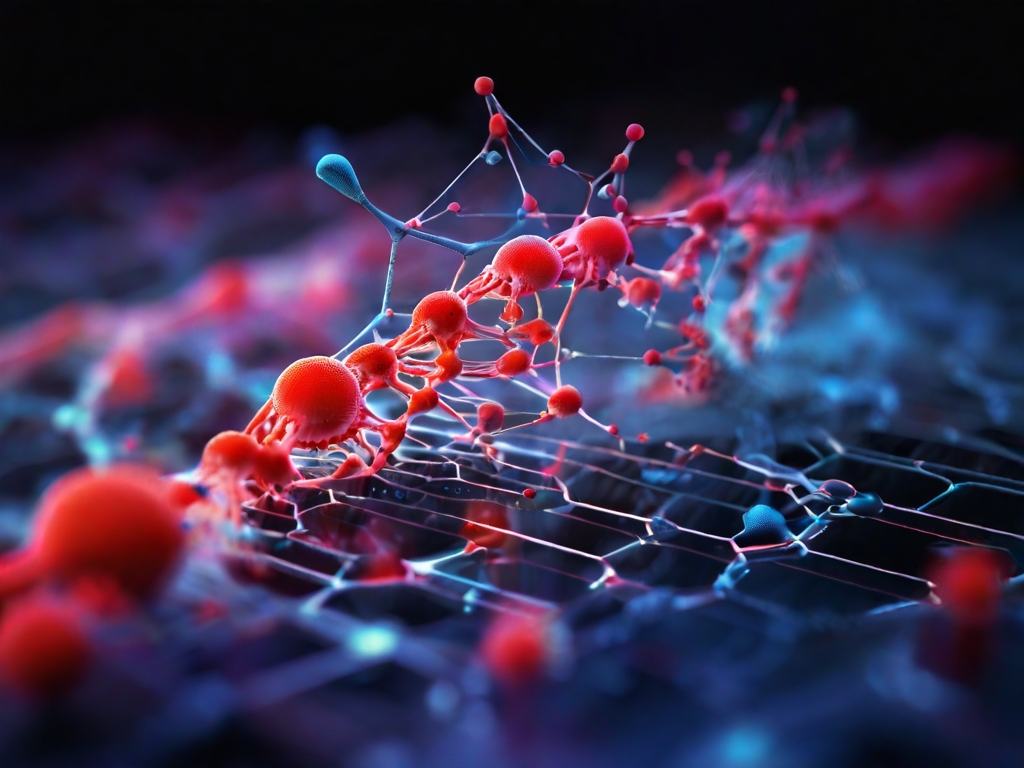
Conclusion
In conclusion, the future of biotechnology holds tremendous promise for addressing some of the most pressing challenges facing humanity. From advancing healthcare and agriculture to promoting environmental sustainability and industrial innovation, biotechnology offers limitless opportunities to improve lives and shape a better future for generations to come. By embracing innovation, fostering collaboration, and addressing ethical and regulatory considerations, we can unlock the full potential of biotechnology and harness the power of life sciences to create a more prosperous and sustainable world.
